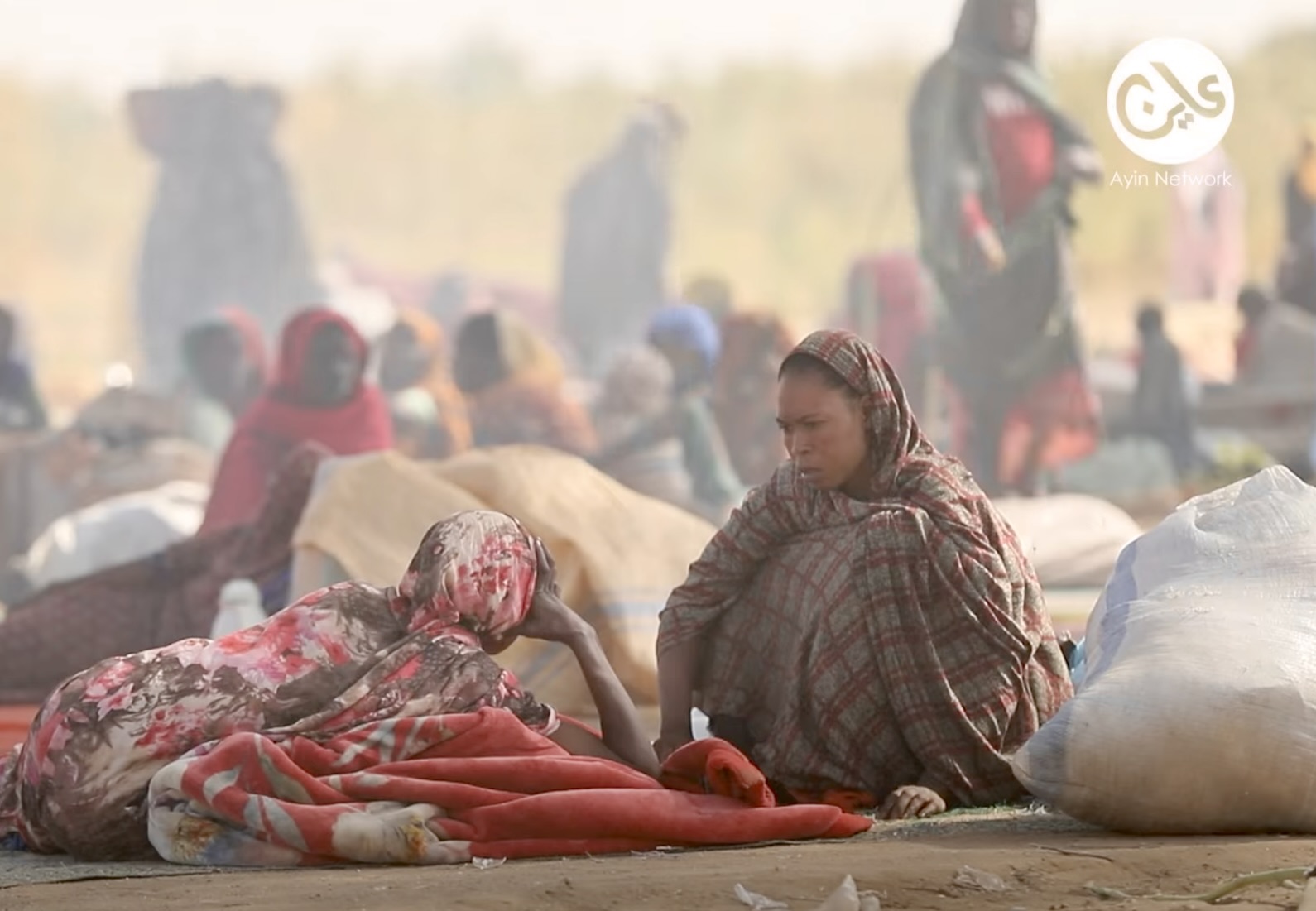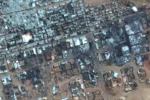Al-Fasher: Thousands of civilians detained
27 October 2025
El Fasher, the capital of North Darfur state and the last stronghold of the Sudanese army in the region, has become a fierce battlefield after Rapid Support Forces advanced into the headquarters of the Sudanese Armed Forces’ Sixth Infantry Division, seizing control of the largest military garrison in Darfur.
On Sunday, the Rapid Support Forces (RSF) announced that they had taken control of the headquarters of the Sudanese army’s Sixth Infantry Division. They released video clips from inside the main military garrison buildings in Darfur and the state capital. The deputy commander of the Rapid Support Forces, Lieutenant General Abdel Rahim Dagalo, also addressed a number of fighters from inside El Fasher, calling on the looting gangs (the “Shafshafa”) to stay away from El Fasher.
Based on multiple social media posts filmed by the RSF fighters themselves, the assault has been accompanied by widespread violations against civilians, prompting over 25,000 to flee the city in the past few days. According to field teams from the Displacement Tracking Matrix, between October 26 and 27, 2025, approximately 26,030 people were displaced due to ongoing clashes in El Fasher.
According to military sources who spoke to Ayin on the condition of anonymity, the Sudanese army and joint forces withdrew to the western side towards the city’s airport and El Fasher University, and clashes are ongoing there, alongside thousands of civilians who have taken refuge in the university and airport buildings.
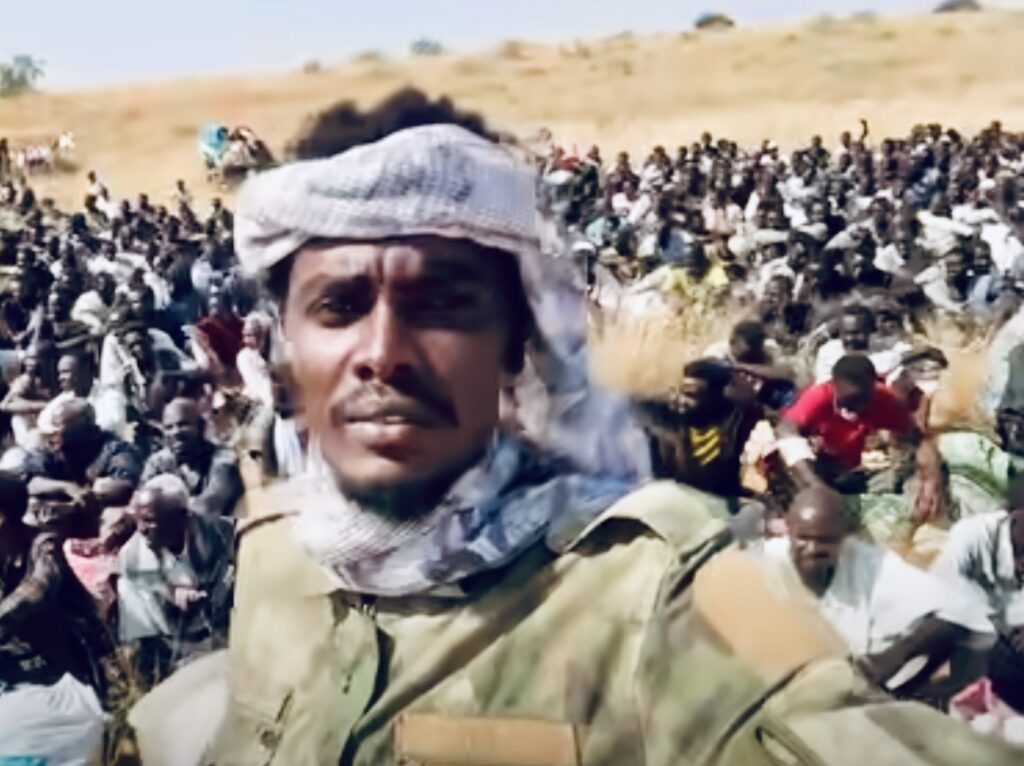
Thousands detained
“The Rapid Support Forces are detaining thousands of people who attempted to leave El Fasher on Saturday night in two main areas near El Fasher: the villages of Shaqrat and Umm Jalbouk,” one local volunteer working with the El Fasher Emergency Response Rooms (ERR) told Ayin. For over 500 days the RSF have layed siege to El Fasher in a bid to capture the last city in the Darfur region under army control. Throughout this period, ERR volunteers have supported the conflict-affected, often at considerable risk to themselves.
“About 800 civilians were in the line of fire of the fighting forces in the city yesterday morning, north of the Saudi Hospital,” the same ERR volunteer said. “We lost contact with them, and we still don’t know their fate.” The ERRs said in a statement that the fighting killed a large number of volunteers who supported community kitchens in El Fasher. The exact number, they added, is unknown since most communication networks are now disrupted.
ERR sources indicated that, as of this morning, civilians had not reached the areas of Qarni and Tura, which are close to the city of El Fasher and serve as a transit route for those fleeing El Fasher to the Tawila area.
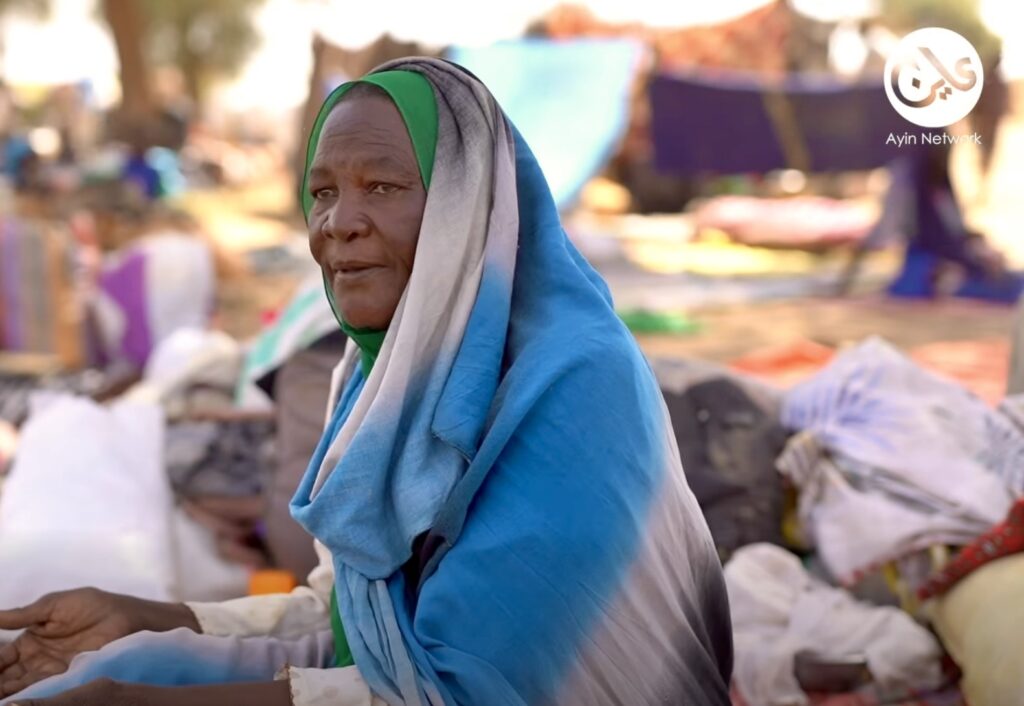
Doctor’s Network: Targeting by ethnicity
The Sudanese Doctors Network said on Monday that the RSF have directly targeted and killed civilians based on their ethnicity. The network documented dozens of direct killings of civilians Sunday evening in an ethnic cleansing operation.
In social media footage recorded by RSF soldiers, the troops repeatedly use the slander “falangayat”, a slur used by the RSF to refer to ‘African’ tribes in Darfur, tracing back to a term used to describe slaves.
The RSF also raided medical facilities and looted pharmacies, the network reported. “The Rapid Support Forces not only took innocent lives but also looted hospitals, medical facilities, and pharmacies in the areas they stormed—destroying what remained of essential life-supporting and healthcare infrastructure,” the network said in a statement. The exact number of deaths and injured is unknown, the network said, since reaching civilians within the city is now extremely difficult.
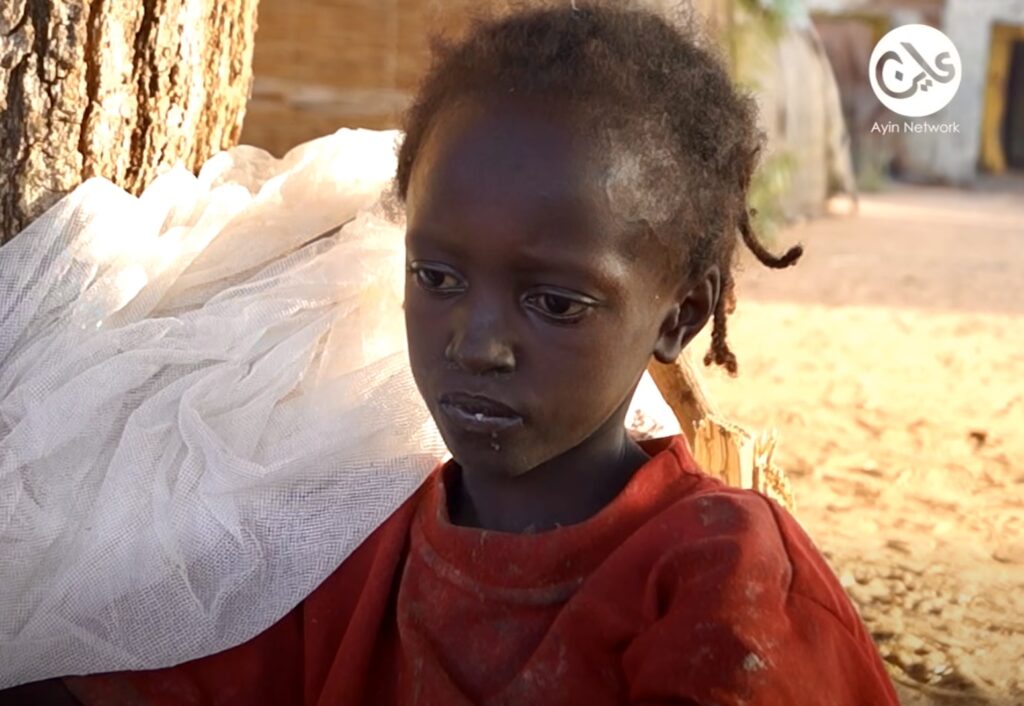
Separated children
But even those civilians who have managed to escape the city face huge challenges while attempting to flee to the Tawila locality in North Darfur State. Humanitarian workers have reported dozens of children, including infants, arrived in Tawila without their families.
A humanitarian worker in Tawila told Ayin that dozens of people arrived in the area after being displaced from El Fasher, bringing with them infants who were separated from their families. Often the parents were either shot along the way or died from hunger-related issues, the humanitarian worker said. In some cases, children were actually coming to Tawila carrying infants as young as a month old, without any families to oversee them.
The horrors that civilians in El Fasher have witnessed have left some speechless.
“Some of the displaced people who arrived had blood on their clothes, their bodies appeared extremely thin, and their condition prevented them from speaking or providing any information about what happened to them during their displacement from the stricken city,” the aid worker added.
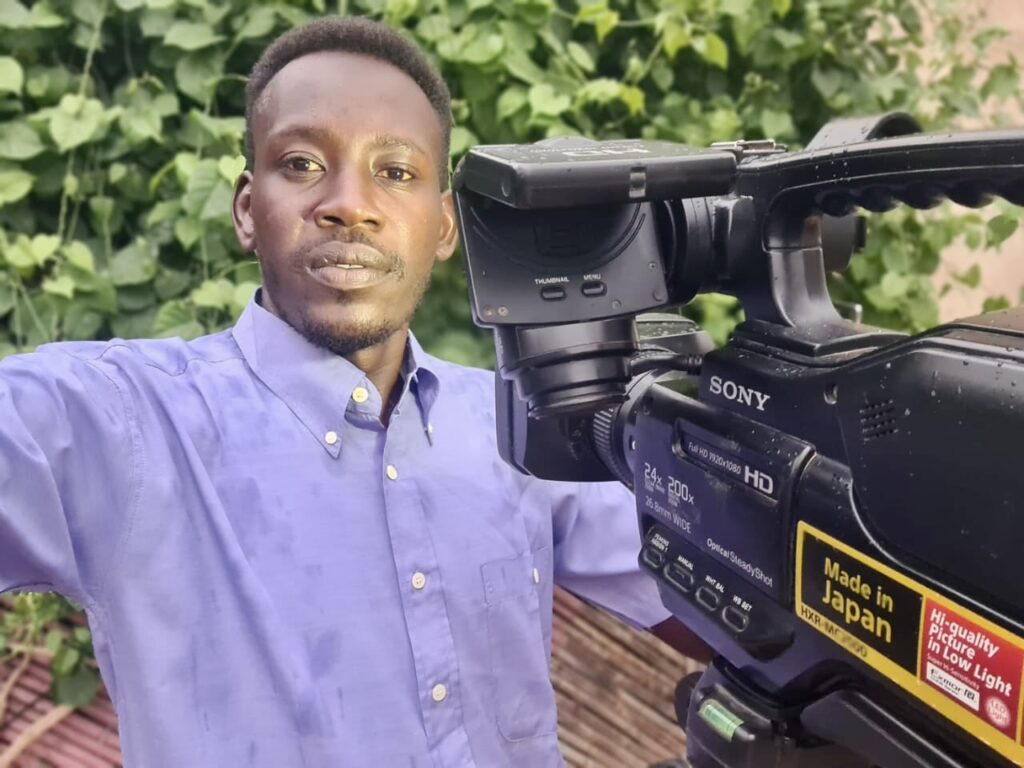
Journalist Muammer Ibrahim
On Sunday evening, RSF fighters shared videos on social media depicting a group of armed men capturing journalist Muammar Ibrahim. According to the video clips, armed elements forced prominent freelance journalist Muammar Ibrahim to talk about the military conflict. He was also forced to sit on the ground and mocked.
The Sudanese Journalists Syndicate and the New York-based Committee to Protect Journalists separately called on the RSF to immediately and unconditionally release him. The Syndicate added that the city is experiencing a “media blackout” after the disruption of Internet services across the area. At least 11 other Sudanese journalists remain trapped within the city.


